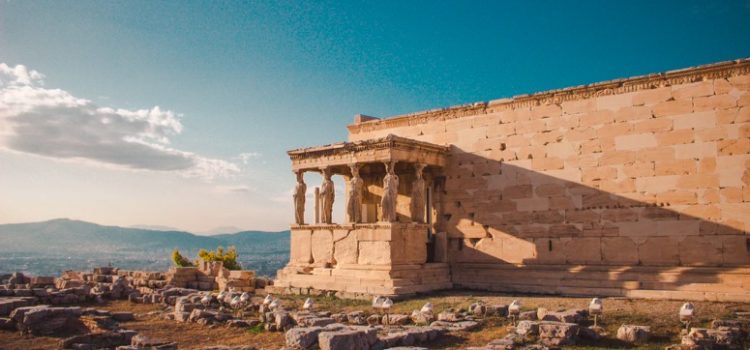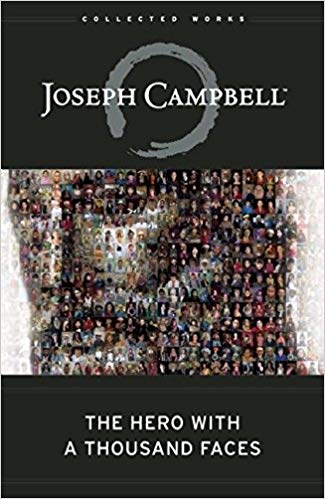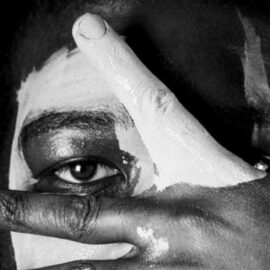

This article is an excerpt from the Shortform summary of "The Hero with a Thousand Faces" by Joseph Campbell. Shortform has the world's best summaries of books you should be reading.
Like this article? Sign up for a free trial here .
What are the functions of myths, according to Joseph Campbell in The Hero with a Thousand Faces? Do myths have a place in our society today?
We’ll cover the various functions of myths and why myths are so important, in the past and today.
The Functions of Myths Today
Unlike the ancients, we do not have the benefit of allegory and mythology to help us make sense of the bubbling up of our subconscious. As a secular, rational society, we increasingly lack the language to process this—psychoanalysis may be the closest thing, but it is not a substitute for the power of mythology and religion. Indeed, we have rationalized and argued our gods away. This doesn’t mean there are no functions of myths today.
Function of Myths #1: They Help Us Examine the Soul
With the coming of secularization and rationalization, supernatural elements are often played down or meant to be interpreted simply as allegory or instructive fable. It is easy for this to happen to myths in modern, science-driven society, because it is easy to prove that the myths aren’t literally “true.” As history, biography, and science, mythology is obviously nonsense. But to make this observation is to miss the point about what myths are and what purpose they serve for the human experience. They are about the endless journey of the soul, the adventure into the furthest recesses of the self. This is still the function of myths today.
It is only through studying these ancient soothsayers and shamans and the dead gods they once worshipped that we can truly grasp our fullest humanity.
Interpreting Mythology
There is no one set way to interpret the mythologies of humankind. Although we have traced the universal hero’s journey, the monomyth, and explored how so many cultures across time and space have made sense of the beginnings and ends of the universe, there is an infinite variety of ways that myths are told. But the process of interpreting them is part of the function of myths.
Myths do not reveal themselves automatically to us; they are not self-evident. They will only yield up the answers to the questions that we choose to ask of them. If we look to them as simply stories to entertain or amuse us, they will provide that. If we seek in them mankind’s earliest attempts at science, religion, literature, or moral instruction, they will provide that as well. And if we look to them to provide us with a higher meaning, an idea of where we come from and what we are meant to do with our existence, they can point us there, too. Indeed, the ways in which we can interpret myths are as limitless as the myths themselves.
Function of Myths #2: They Help Us See What We Have in Common
If we can look to what the function of myth is for mankind, it is perhaps to bind us closer and provide us with a shared sense of community. Though we may lead atomized lives as husbands, wives, sons, daughters, professionals, and members of this or that nationality, we are bound together through shared myths. This is the true function of myths. The ceremonies that derive from mythology, those of birth, initiation, marriage and death, remind us that we are part of something much larger than ourselves. We are only a cell, an organ of a much larger being. This is as true for us as it was for the ancients. Like Odysseus, like the Buddha, like Cuchulainn, great marvels and unfathomable transformations await the modern hero who heeds the mythic call.
———End of Preview———

Like what you just read? Read the rest of the world's best summary of "The Hero with a Thousand Faces" at Shortform . Learn the book's critical concepts in 20 minutes or less .
Here's what you'll find in our full The Hero with a Thousand Faces summary :
- How the Hero's Journey reappears hundreds of times in different cultures and ages
- How we attach our psychology to heroes, and how they help embolden us in our lives
- Why stories and mythology are so important, even in today's world






